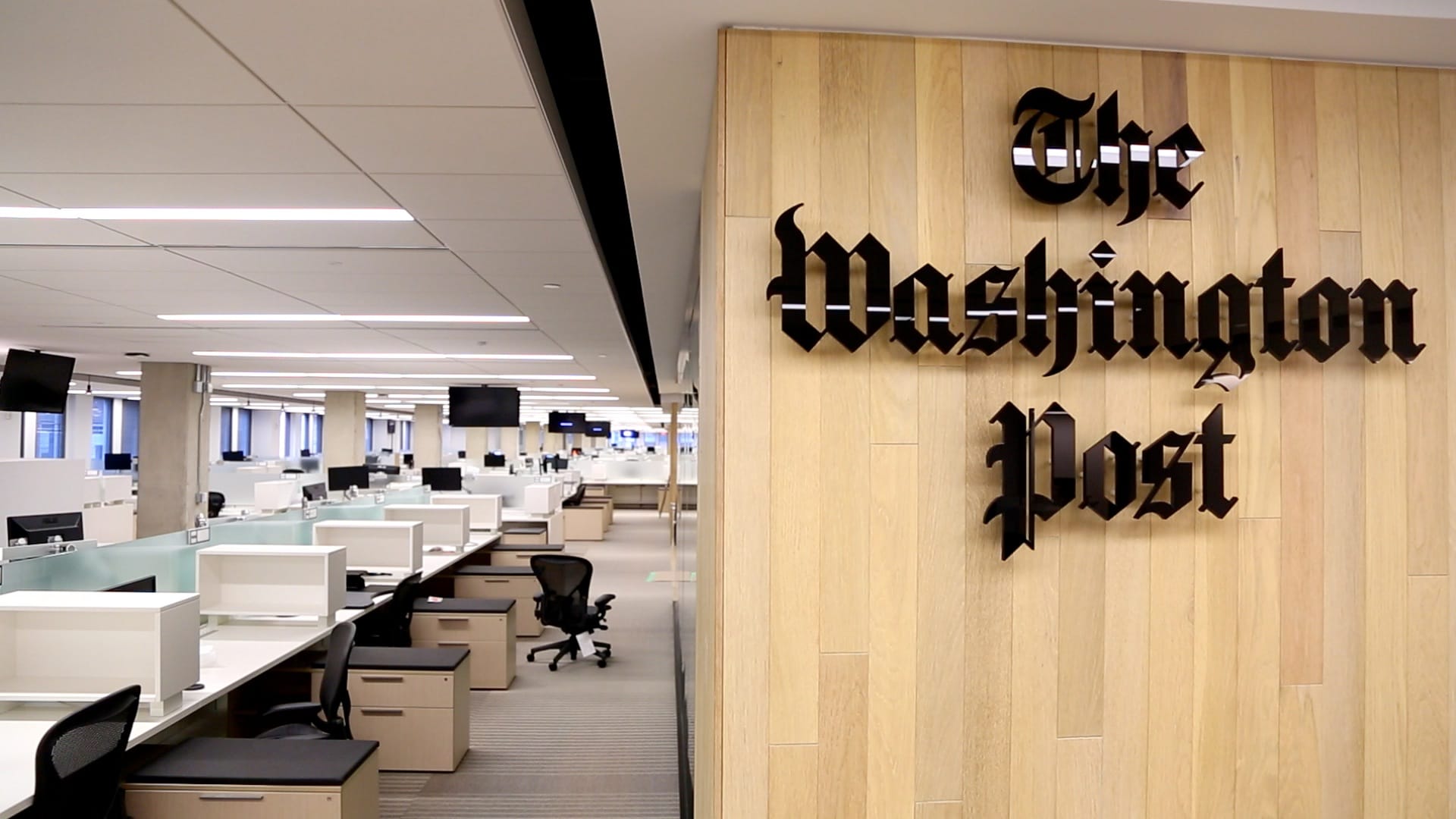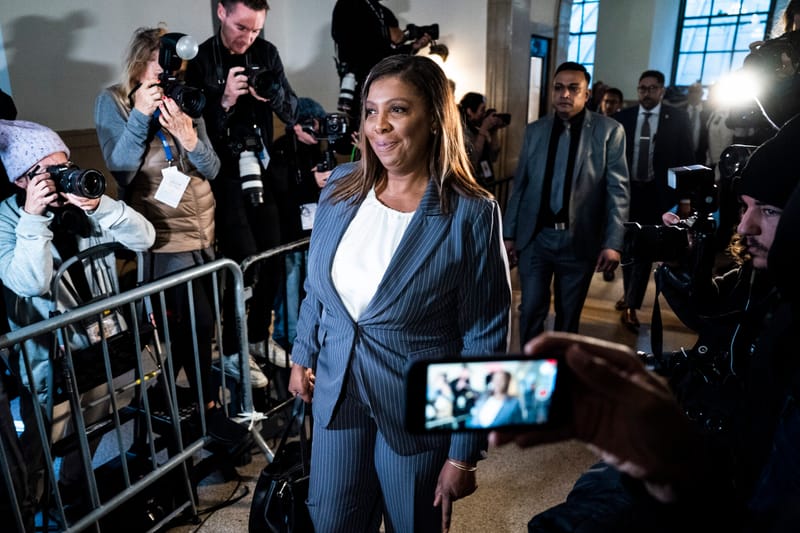The Washington Post Abstains from 2024 Presidential Endorsement, Marking Historic Shift
The Washington Post has announced it will not endorse a candidate for the 2024 presidential election. This decision, revealed by the newspaper's publisher, marks a significant departure from its usual practice, which has seen the Post endorse presidential candidates since the 1980s. The announcement was met with a
The Washington Post has announced it will not endorse a candidate for the 2024 presidential election. This decision, revealed by the newspaper's publisher, marks a significant departure from its usual practice, which has seen the Post endorse presidential candidates since the 1980s. The announcement was met with a mix of surprise and speculation across political and media landscapes.
Will Lewis, the Chief Executive of The Washington Post, explained this choice as a return to the newspaper's earlier policy of not endorsing in presidential races. Historically, the Post abstained from endorsements in presidential elections prior to 1976, a practice it resumed in 1988 until now. Lewis emphasized that this step is not an endorsement by omission or a critique of any candidate but rather aligns with the Post's enduring values of seeking leadership qualities like character, courage, and respect for human freedom.
The decision not to endorse has sparked varied reactions on social platforms and within political circles. Some view it as the Post's attempt to maintain impartiality in an increasingly polarized media environment, while others interpret it as a sign of dissatisfaction with the current presidential candidates or an effort to avoid alienating readers amid the election's uncertain outcome.
Critics, including former Post executive editor Marty Baron, have criticized this move. Baron, under whose leadership the Post won a Pulitzer for covering the January 6 Capitol riot, suggested such an abstention might be seen as an abdication of the newspaper's responsibility during crucial times.
The abstention from endorsement also comes under scrutiny considering the broader context of media ownership. Jeff Bezos, the owner of The Washington Post, has significant business interests with the federal government, leading some to speculate whether this decision might be influenced by a desire to avoid conflicts of interest or to navigate the complex interplay between media influence and business operations.
This announcement by The Washington Post not only reflects on the current state of American journalism but also adds a layer of intrigue to the 2024 presidential race. Observers will undoubtedly watch how this decision impacts public perception and the candidates' campaigns, especially when major endorsements can sway undecided voters. The Post's move might signal a broader trend towards media outlets focusing more on reporting and less on overt political endorsements, adapting to an era where trust in media is increasingly under the microscope.




